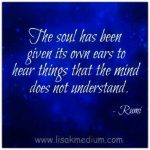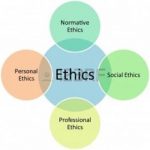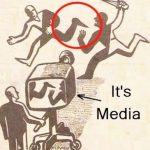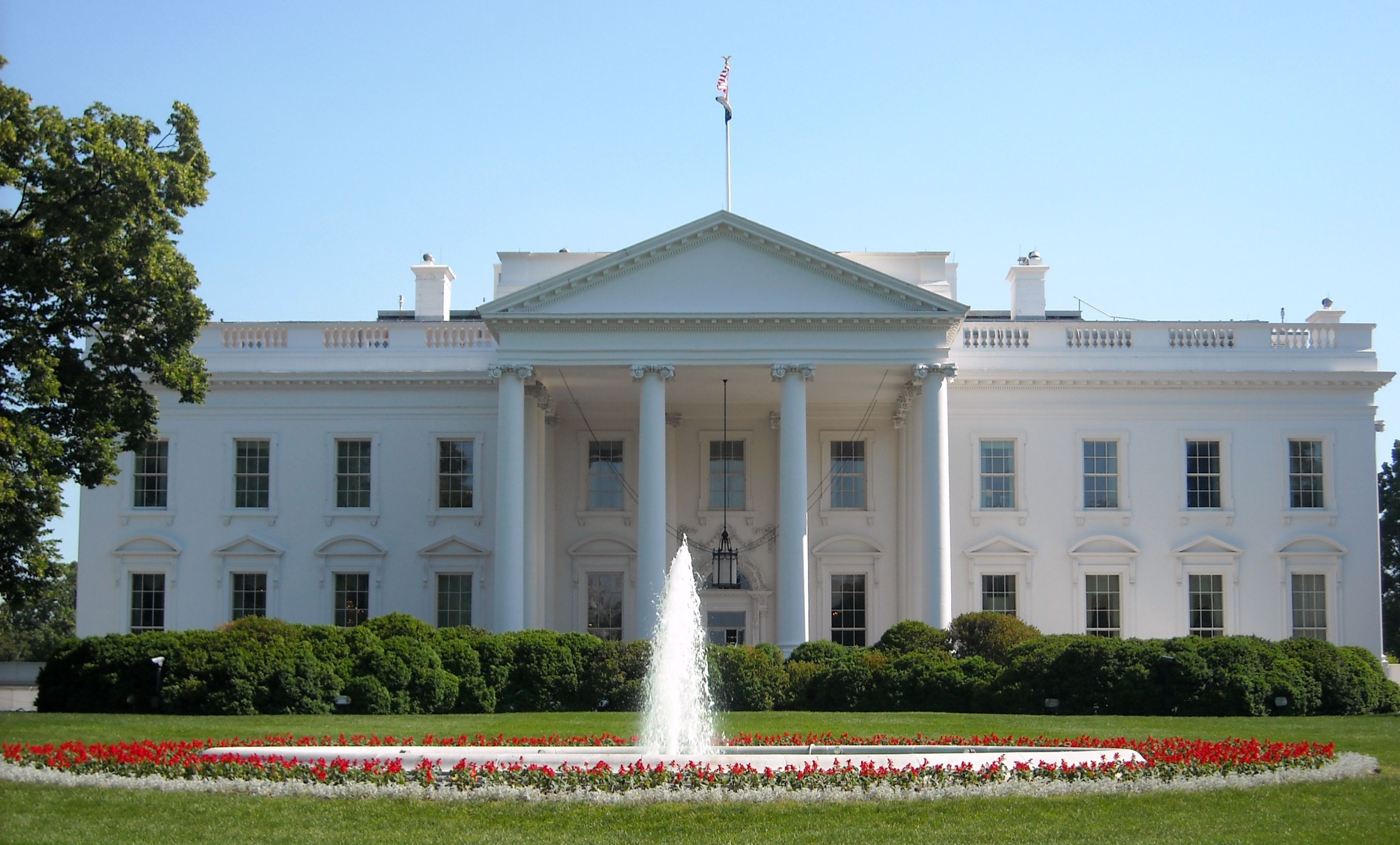My Personal Code of Ethics
Today, the world is experiencing astounding developments in
the field of science and technology, from the micro-
discoveries to exploring galaxies. The question is whether
the sorrows and miseries of human beings are decreasing with these spectacular developments.
Surprisingly, there is an inverse relationship. Why?
Because
are decreasing with these spectacular developments.
Surprisingly, there is an inverse relationship. Why?
Because
we are not paying heed to our consciousness, we are not
listening to our souls, we are not nurturing our
spirituality, and we are not developing our character, which
is the internal and hidden state of the soul. Our actions
are the manifestations of our character which is waning day
bay day. It is not through material developments that we can
achieve excellence of humanity rather it is through ethical
developments that we can rise above. The challenge of the
day is ethical development indeed.
Code of ethics means guideline of dealing with people. My
personal code of ethics is driven from religion. In Islam
ethic s is defined as ‘Akhlaq’ that refers to establishing good
relationship between the Creator (Khaliq) and the creature
(Makhlooq) at the same time which can be attained through
character and disposition (Adibah Binti Abdul Rahim, 2013).
Each human being is created with the conscientious of good
and evil. As Quran states,
s is defined as ‘Akhlaq’ that refers to establishing good
relationship between the Creator (Khaliq) and the creature
(Makhlooq) at the same time which can be attained through
character and disposition (Adibah Binti Abdul Rahim, 2013).
Each human being is created with the conscientious of good
and evil. As Quran states,
“And inspired it (the soul with conscience of) what is wrong for it and (what is) right for it” (Al Quran, Surah 91 Al-Shams; Verse 8). It explains that a human soul, at its basic conscious level, knows what is right and what is wrong, what is good and what is evil, what virtue is and what is vice. Excellence of the soul is achieved when in the struggle of good and evil, man overcomes the ego to attain his full spiritual potential (Interpretation of the above-mentioned Quranic verse by Marmaduke Pickthal). Therefore, the actions of a human being in the struggle of good reflect the strength of his character.
Since communication is a transactional process in which
communicators not on
ly share content but also regulate personal code of ethics.
Guidelines of personal ethics come from within ‘the self’.
The ‘self’ internalizes family values, community
norms, and social institutions, like religion, education,
and reflects those internalizations in everyday actions and
decisions
. Personal code of ethics for a journalist is more crucial
as a journalist is eyes and ears of people, therefore; a
journalist is supposed to think and act independently. Media
routines, deadlines and time constraints, personal
acquaintances, subjective inclinations, idiosyncratic
factors, organizational policies, are some of the factors
that work two ways: shape journalistic code of ethics and
are shaped by journalistic code of ethics simultaneously.
Generally, ethics are considered as moral choices based on
compassion, courage, honesty, fairness in the larger
interest of humanity. The choices are made by mind and/or
heart, therefore ethics are considered as an art and
science.
Ethics ca n be addressed under four broad categories: descriptive
ethics, normative ethics, metaethics or epistemology of
ethics, and virtue ethics. Descriptive ethics are codified
ethics while normative ethics are based on some perspectives
and approaches. Metaethics explain the role of language in
constructing and defining ethics. Virtue ethics believe that
ethics are more than morality, and define ethics as virtue.
Personal ethics are sometimes conscious choices and
sometimes unconscious choices, however; in the case of
conflict, it is always a conscious choice.
n be addressed under four broad categories: descriptive
ethics, normative ethics, metaethics or epistemology of
ethics, and virtue ethics. Descriptive ethics are codified
ethics while normative ethics are based on some perspectives
and approaches. Metaethics explain the role of language in
constructing and defining ethics. Virtue ethics believe that
ethics are more than morality, and define ethics as virtue.
Personal ethics are sometimes conscious choices and
sometimes unconscious choices, however; in the case of
conflict, it is always a conscious choice.
Personal ethics are sometimes conscious choices and sometimes unconscious choices, however; in the case of conflict, it is always a conscious choice. This is a popular image showing how media can portray a victim as an assaulter. Therefore each communication needs to be evaluated for ethics.
References
Adibah Binti Abdul Rahim (2013) Understanding Islamic Ethics and Its Significance on the Character Building. In International Journal of Social Science and Humanity, Vol. 3, No. 6, November 2013
https://s-media-cache-ak0.pinimg.com/736x/0c/c5/2d/0cc52da4438c4b15231ef6aac9f4521f.jpg
https://s-media-cache-ak0.pinimg.com/236x/52/bc/8a/52bc8adc6c53c59b73f183dabee4ae28.jpg

